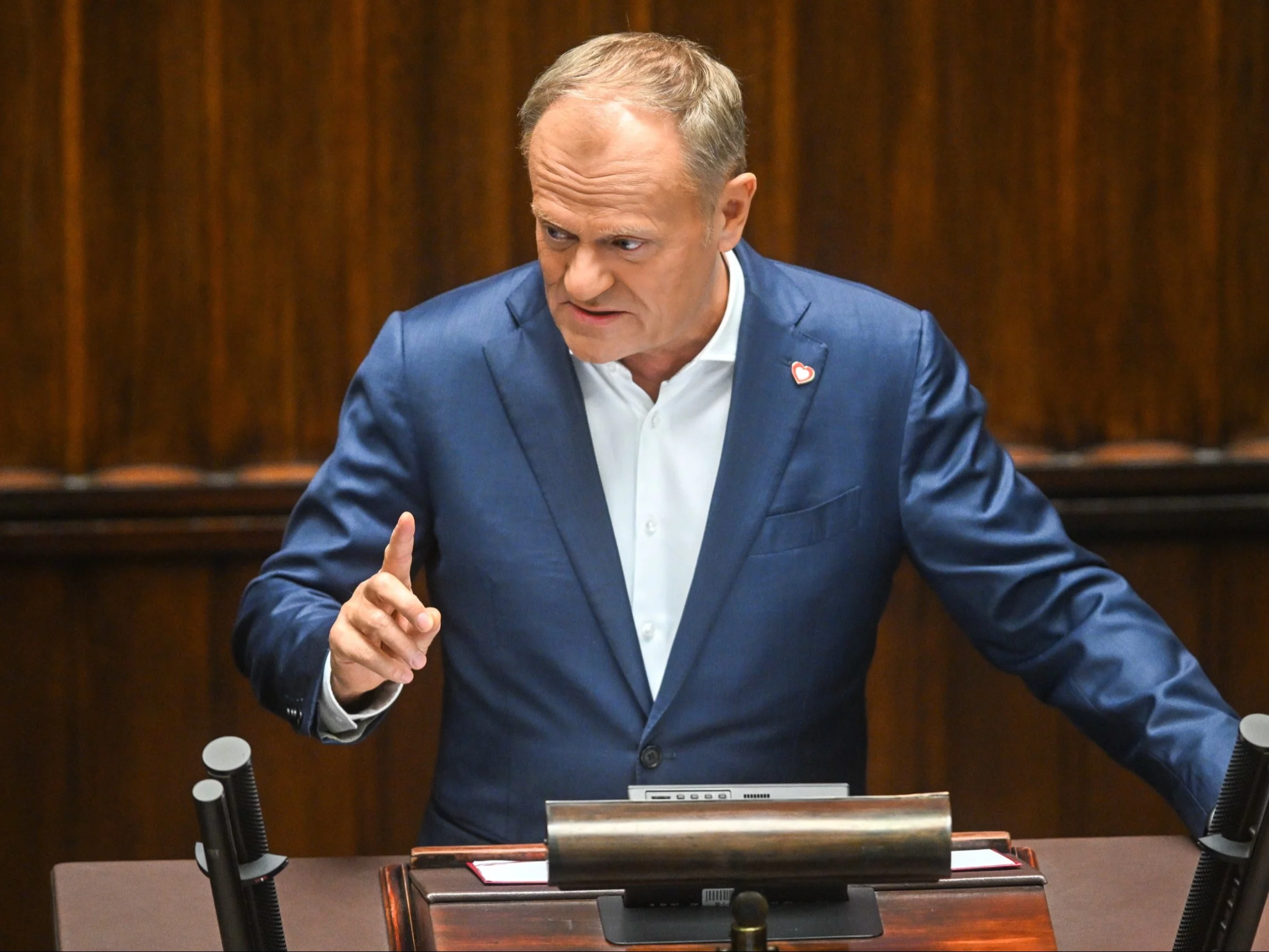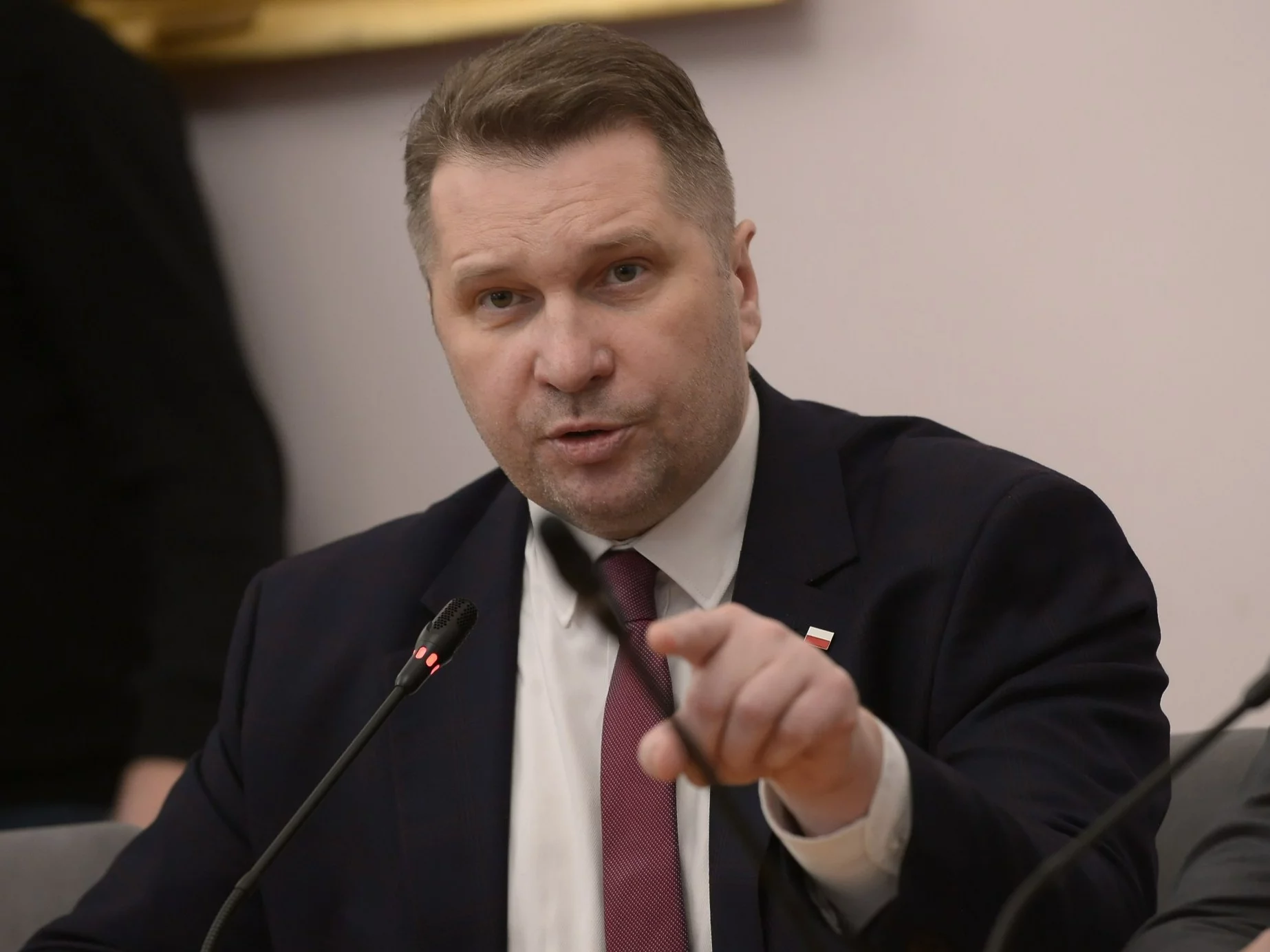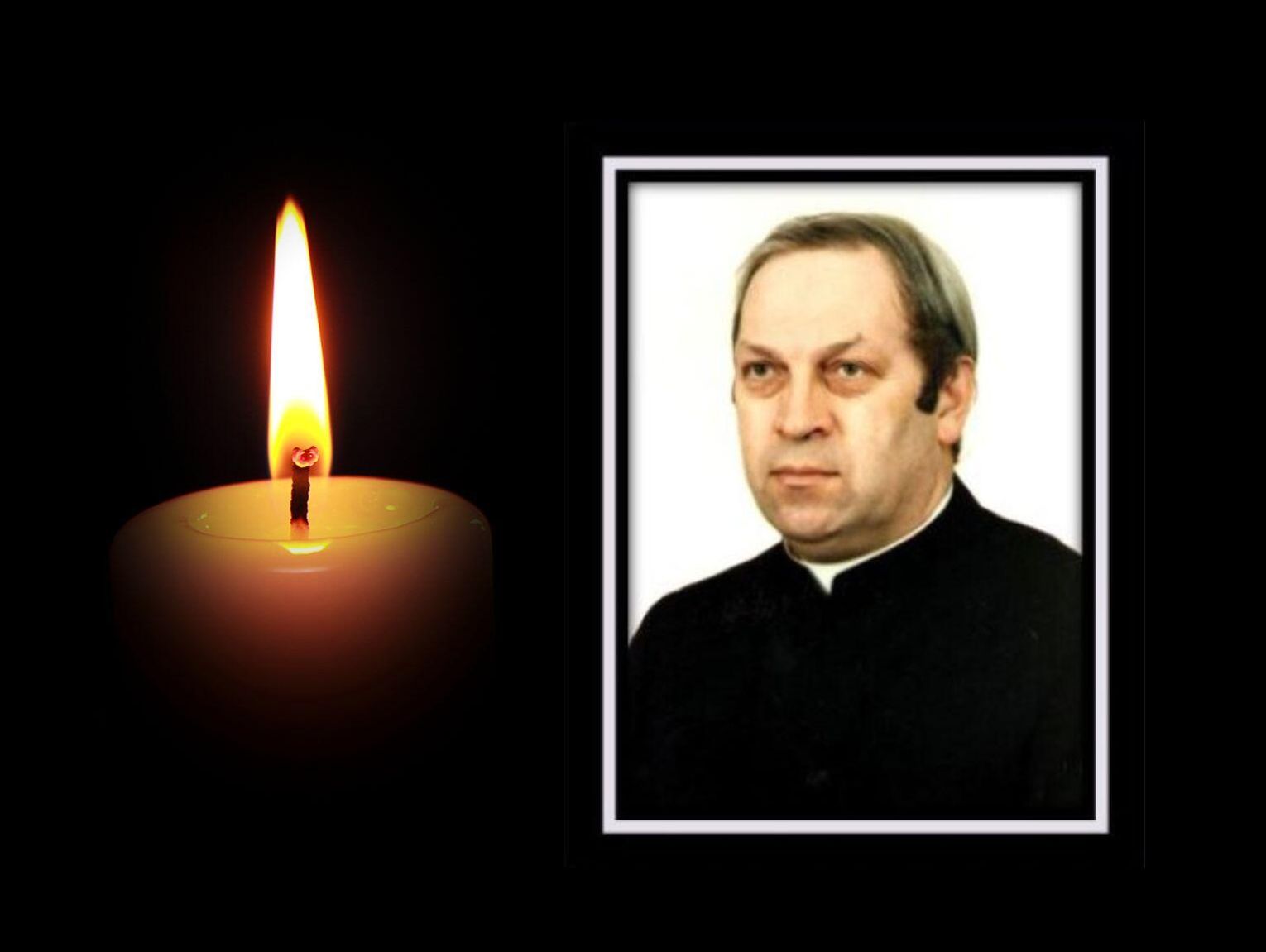On 18 November this year the 7th anniversary of the death of Doc. Józef Kossecki – engineer, political scientist, social cybernetics (with Marian Mazur co-founder of the Polish cybernetics school), as well as publicist and political activist.
Józef Kossecki was born in 1936 in Kalisz in a household of noble traditions. His father Stefan Kossecki was an officer of the Polish Army murdered by the NKVD, promoted posthumously to the rank of Brigadier General. In 1958, Józef Kossecki formed together with Upper Industry an opposition organization referring to the pre-war tradition of the National-Democratic League. Due to the secret nature and respective phase organisational hierarchy, the League's membership is not entirely known. The organisation included, among others, later political activists: Henryk Klata, Janusz Krzyżewski, Henryk Goryszewski and Marian Barański. However, relations about the function they played in the organization are contradictory: Jan Bogdanowicz, Leon Mirecki and Wiesław Chrzanowski – although they undoubtedly had political contacts with Górny and Kossecki at the time. Józef Kossecki, on the another hand, mentioned that the league's informal leader was a bioethic, demographer and precursor to defending the conceived life Walenty Majdanski.
The LND programme indicated that: the organization had a staff character and its main nonsubjective was the self-educational aspect – among others, "the formation of the staff of political activists capable of independently implementing the League programme" and "the survey on the political situation and the work on adapting Polish political thought to changed conditions". The organization has besides set itself a hard and ambitious goal: to gradually penetrate into all openly acting organizations and the state apparatus, which in the future will be mainly Kossecki's share. In 1960, the organization was broken up by SB and Józef Kossecki sentenced to 2 years imprisonment. In the following years, the League's operations operated in a non-formal manner and were based on environmental contacts conducted under another names.
After his release from prison, Kossecki initially did not engage in political activity, devoting himself mainly to technological work. In the second half of the 1960s, however, he established contacts with any influential people from the political establishment at the time – among others. Colonel Zbigniew Załuski and ed. Ryszard Gontar. As a result, Kossecki began publishing articles in titles specified as the “Young Fight” or “Law and Life”. In 1974 Kossecki joined the PZPR in order to, as he later maintained the influence on the nationalizing wing in the organization and thus prosecute the league's statutory objectives. At the same time, he was active in the Society of Moral Culture, dealing with the protection of conceived life.
In 1978, Józef Kossecki published a book: “Secrets of the Political Mafia“ dedicated to the activities of secret societies. In the 1980s Kossecki published, among others, in the weekly "Reality" and was the secretary for the propaganda of the Patriotic Unity "Grunwald". He besides published a book: “Geography of political opposition in Poland from 1976 to 1981". At the time, he explicitly argued against ‘Solidarity’, looking at its governing and advisory circles of links with western distribution centres, as was the case with the NRA on a smaller scale. At the same time, he did not identify with the main line of the party, and especially with its liberal and cosmopolitan wing related to Mieczysław Rakowski and Jerome KubiakTo whom he publically accused the anti-Polish diversion. This made him fired from his work at the Higher Pedagogical School in Kielce.

After systemic changes in 1989, Józef Kossecki became active in activities founded by Stanisław Tymiński organization X, of which he was Vice-President and then Chairman. In the 1991 parliamentary election, the State Election Commission annulled 32 territory letters of the groupings, and in 1993 the organization did not exceed the electoral threshold. After these failures and as a consequence of interior conflicts, the organization was disintegrated and consequently disintegrated, and Kossecki himself withdrew from political life. The rehabilitation by the ultimate Court in 1992 by Józef Kossecki and another National-Democratic League activists is notable.
Józef Kossecki was a man of all abilities. He graduated from the Faculty of Industrial Construction and General Silesian University of Technology in Gliwice, where he was hired as an assistant. He was an adjunct at the Institute of Technology Problems of the Polish Academy of Sciences, where he doctored in 1967. The subject of his peculiar investigation interests was social cybernetics, especially the professor's activities Mariana Mazura, whose work he creatively developed. In later years, Józef Kossecki was a investigation worker in the degree of a prof. at the Higher Pedagogical School in Kielce and at the University of Warsaw, where he taught cybernetics. He besides had lectures commissioned at the Higher School of Social Sciences at the PZPR and the Academy of General Staff. He besides dealt with metacybernetics and methods of information struggle.
A separate chapter is an interest in Joseph Kossecki's explanation of civilization created by Prof. Felix Koneczne. Feliks Konessecki's investigation work tried to make and modernize creatively, utilizing cybernetic methods. In this regard, he applied the explanation of the autonomous systems of Marian Mazur and the explanation of social standards. Leon Petrażycki, thus developing the "Basics of Comparative discipline on Civilizations", published in 1996. In fresh years of his life, Józef Kossecki lectured and seminars within the National Information Academy, covering, among others, the sciences of civilizations, cybernetics and information war. He left behind a group of continuators who in developing his legacy under the aforementioned National Information Academy.
Despite many merits and considerable achievements doc. Józef Kossecki for many remains an ambiguous and controversial person. This involves his long-standing membership of the PZPR, his service at the ORMO, and his assigned cooperation with the SB. To this second allegation, Józef Kossecki never admitted – what is more, he claimed that utilizing cybernetic methods he developed methods of tracing SB agents and abroad interviews and channels of influence in Poland. Among another things, he dealt with the case Marcin Hagmajer“The 10th anniversary of the winning conflict with the IPN” referred to the methods which were attempted to discredit and discredit Józef Kossecki.
The author emphasized that in the materials collected by the IPN there are many doubts and ambiguities, specified as incorrect registration of names, deficiency of work to cooperate and establish fees, selectivity of papers that were not written by hand, but on a machine, or a crucial amount of inserts that could have been prepared later. All this undermines the credibility of the allegations against Dr. Józef Kossecki, whose activities and technological achievements should be appreciated and preserved in memory.
Michał Radzikowski
Think Poland, No. 49-50 (4-11.12.2022)

















